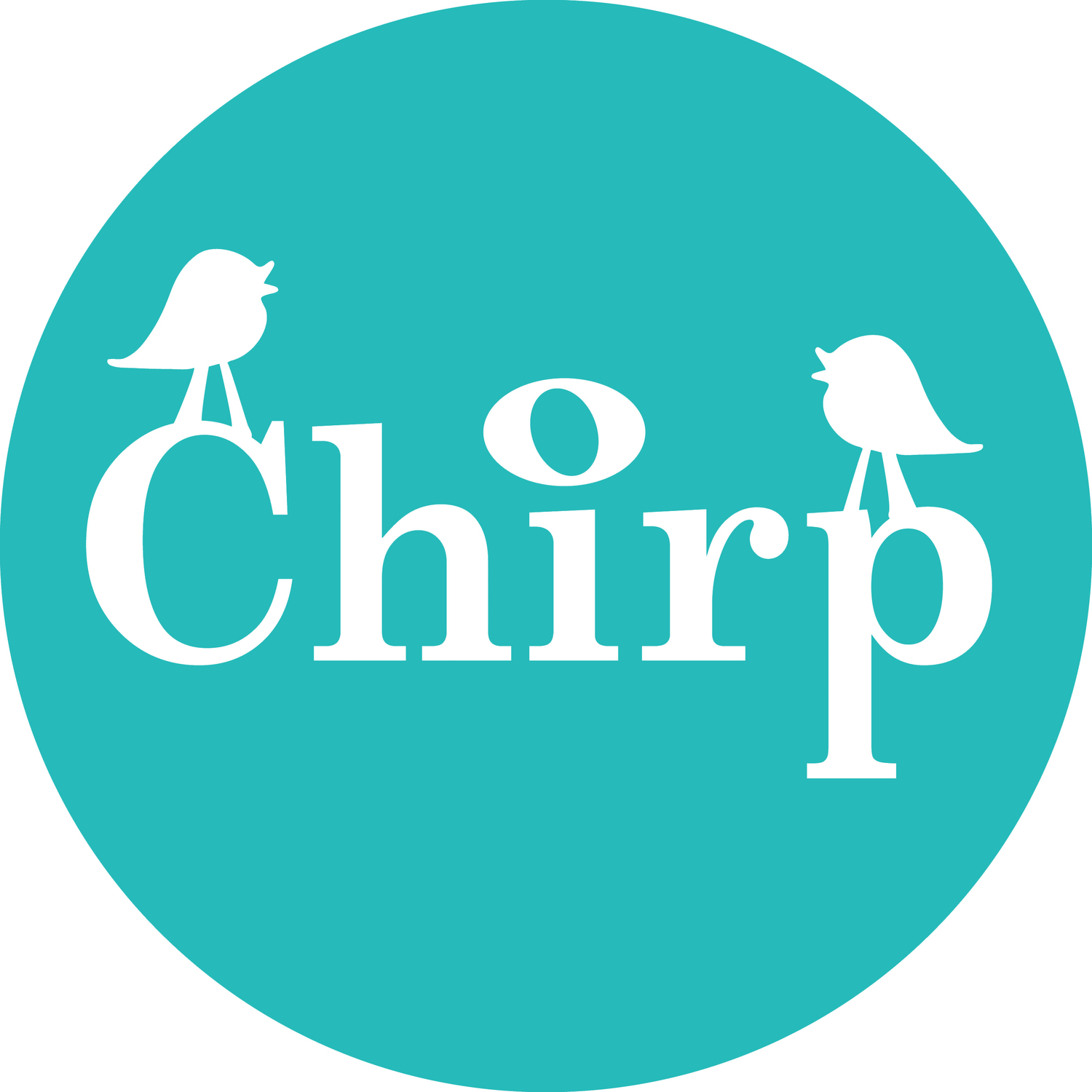I'm sometimes asked why we use singing in our sessions. I'm not surprised – and not only because singing is, ahem, a touch unusual in leadership development. Thing is, however natural it might be, singing comes with baggage. It’s always a loaded concept, whether that's with feelings of joy or outright fear, or something in between.
And actually, in our work, all of that is useful.
That element of fear and exposure can help you notice how you respond to risk and uncertainty. And do so in a way that’s not only immediate, but that is all-encompassing: physically, intellectually and emotionally. In pulling you out of your comfort zone, singing can take you to a place of stretch. And that, we know from recent research, is where most of us learn best and most memorably.
It's even likely that, because it’s a bit risky, singing actually increases your resilience. We're currently collaborating with neurobiologists at Ashridge Business School to find at whether public singing creates templates in your brain that help you tackle other challenges more easily. We'll keep you posted on our findings!
So I embrace that element of fear. And one of the things I find fascinating about singing is how quickly it can take you from that place of fear to one of connection, trust, and well-being. And for lots of people, it can happen within the space of a single song.
There’s a growing body of research into the impact of singing on well-being. We now know, for example, that group singing raises your pain threshold. And that it releases oxytocin into your bloodstream, which helps promote feelings of trust and safety.
Singing also enables fast social bonding. It breaks the ice so you feel closer as the group, even if you don’t yet know anything about each other. The team behind this research also suggest that the social bonding effect of singing may even have been vital in enabling modern humans to sustain larger social networks than their evolutionary ancestors. And that, in turn, may have helped them colonise risky environments worldwide. Those early singers were no slackers.
When you sing with other people your heartbeats sychronise – which may explain why singing together can create a sense of shared perspective. Choral singing can certainly improve mood, enhance quality of life, and lead to greater happiness, reduced stress and better emotional well-being. But, whether you sing alone or with others, the simple act of singing raises your heart rate variability, which in turn improves both your well-being and social cognition.
And we think that singing with someone else improves your social intelligence. with, again, an impact on well-being. We're currently developing research with neuroscientists at University College London to examine brain activity during joint singing, and its impact on interaction and well-being.
As you might have gathered, I find the science fascinating. I find it hugely exciting to understand what happens in our brains and bodies when we sing, and how we can use that to enhance our lives at work or at home.
But, in some ways, we don’t need the science.
Singing is thought to be how we first communicated, even before we had speech. It's found across the world – a truly global phenomenon. It's a fundamental to the human condition. So why not give it a whirl? Even if you find it stressful you'll probably be boosting your resilience! And all you need is yourself.
This piece is an excerpt from our session for Roffey Park Institute's Well-being Forum in November 2017. Do drop us a line if you'd like to find out more about the session or our research.




